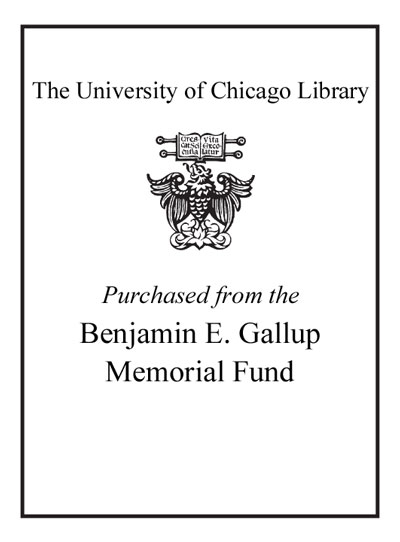America's Johannesburg : industrialization and racial transformation in Birmingham /
| Author / Creator: | Wilson, Bobby M., 1947- author. |
|---|---|
| Edition: | Paperback edition. |
| Imprint: | Athens, Georgia : The University of Georgia Press, 2019. ©2019 |
| Description: | xv, 274 pages : illustrations, maps ; 23 cm. |
| Language: | English |
| Series: | Geographies of justice and social transformation ; 46 Geographies of justice and social transformation ; 46. |
| Subject: | |
| Format: | Print Book |
| URL for this record: | http://pi.lib.uchicago.edu/1001/cat/bib/12319280 |
| Related Items: | Reprint of:
America's Johannesburg |
Review by Choice Review

